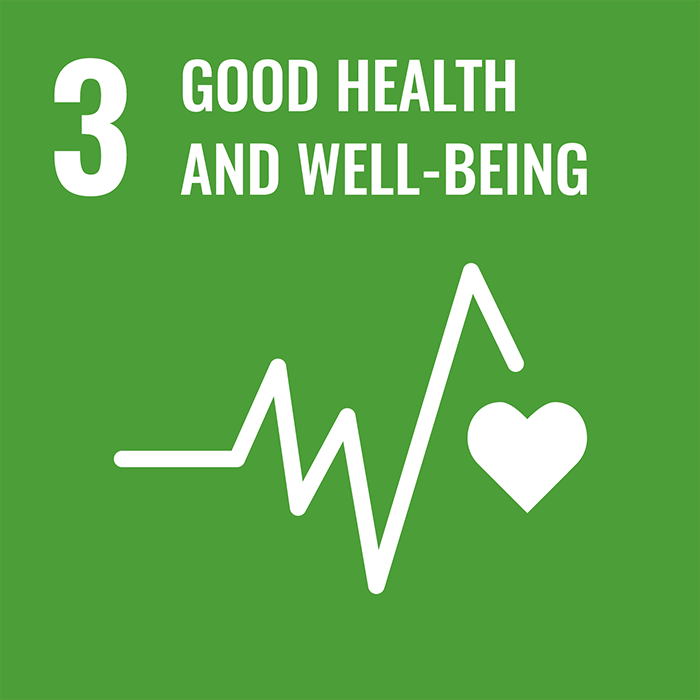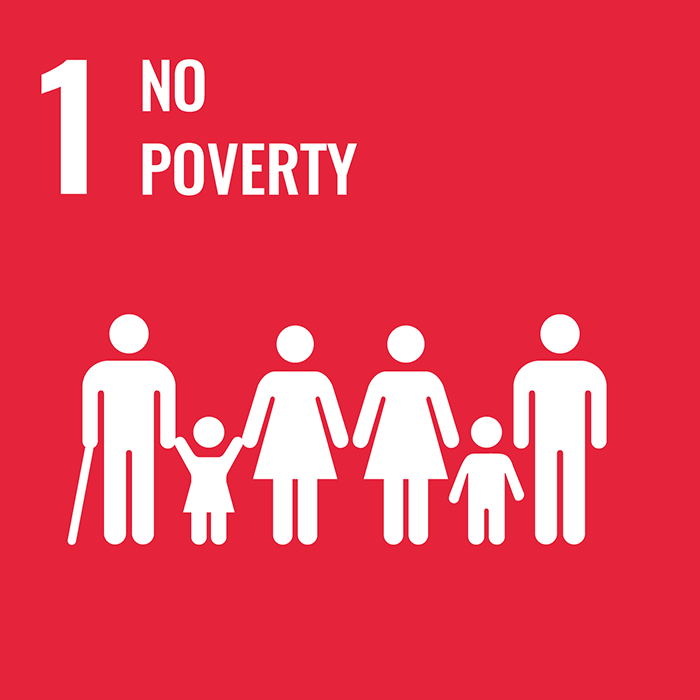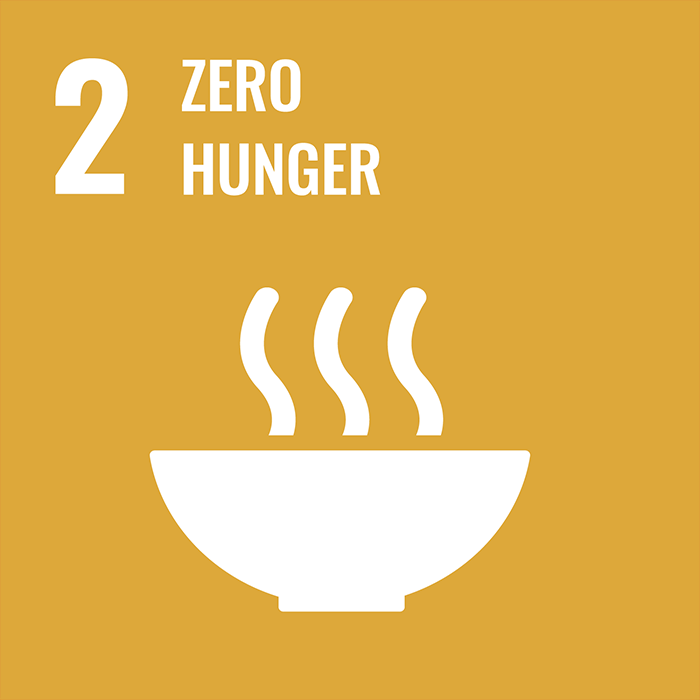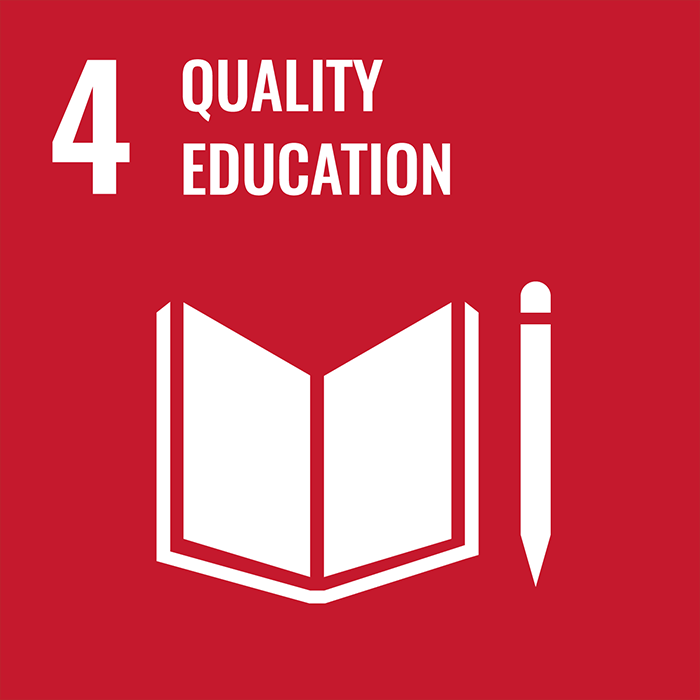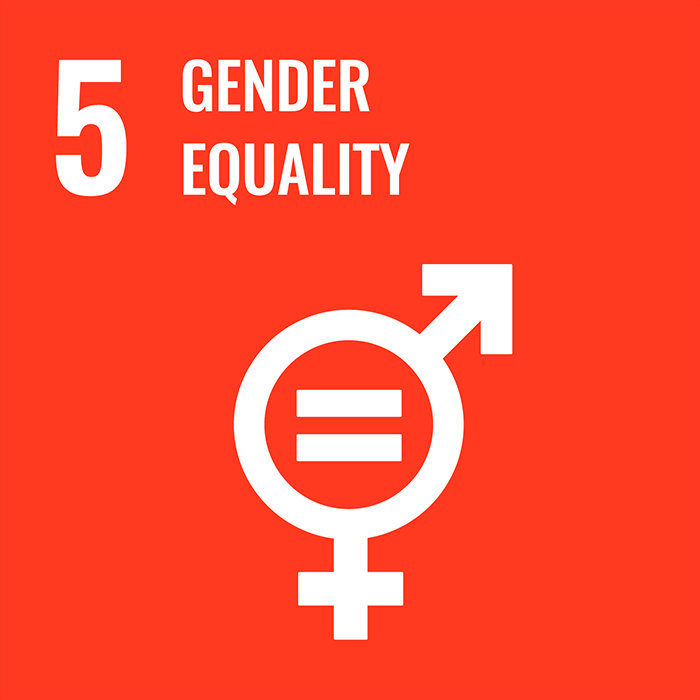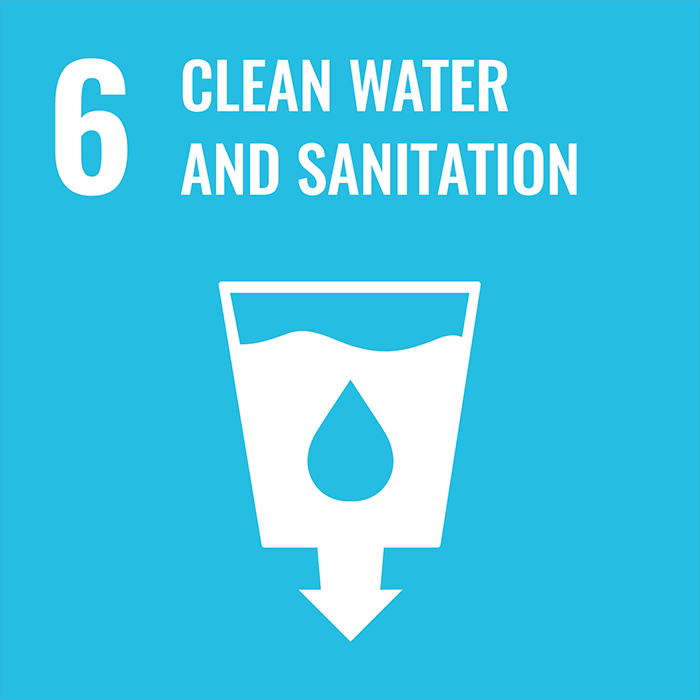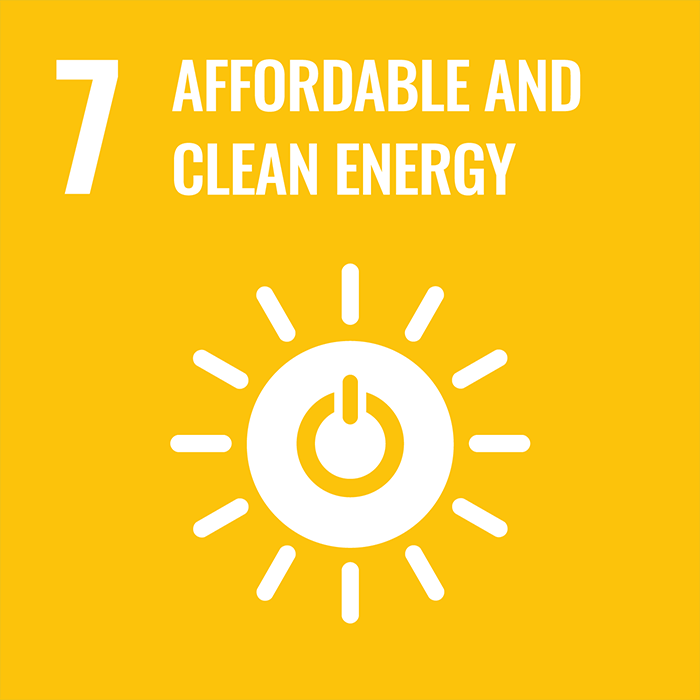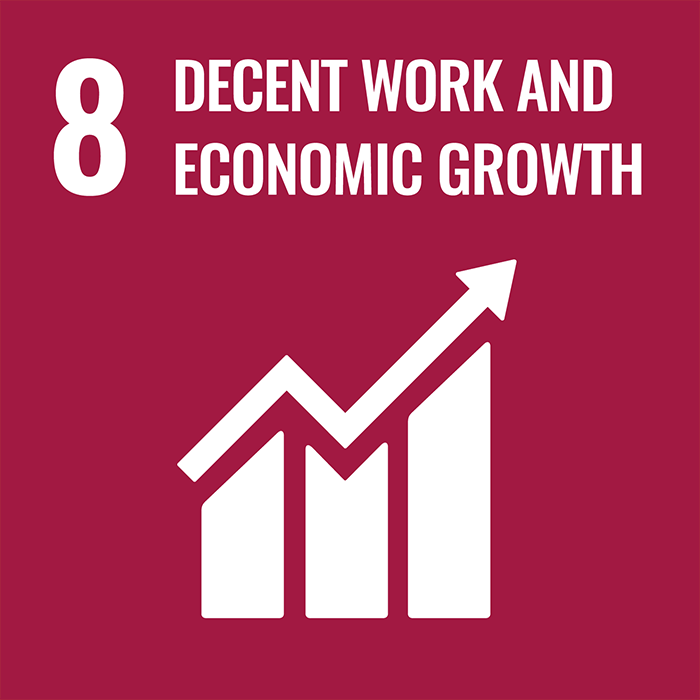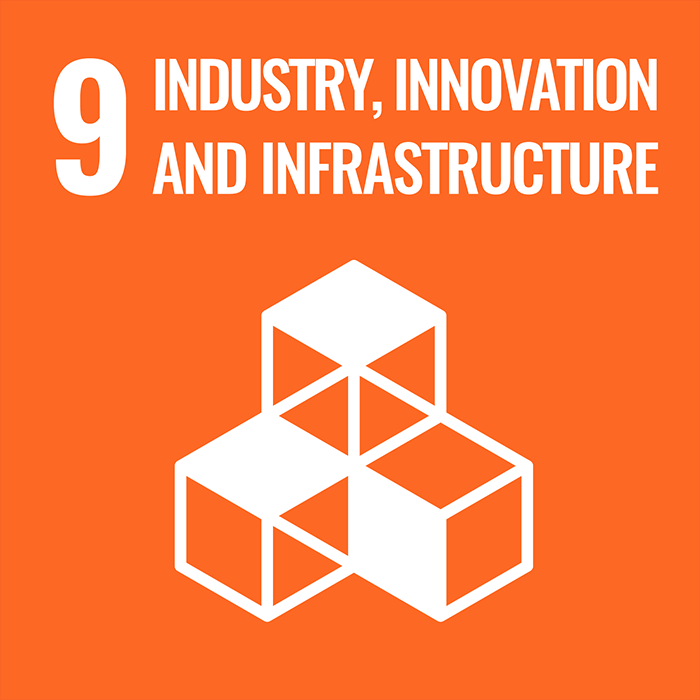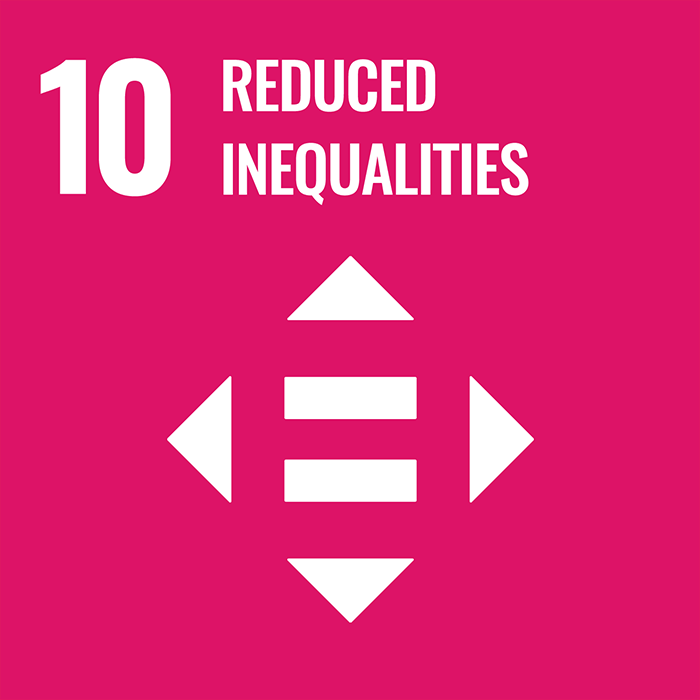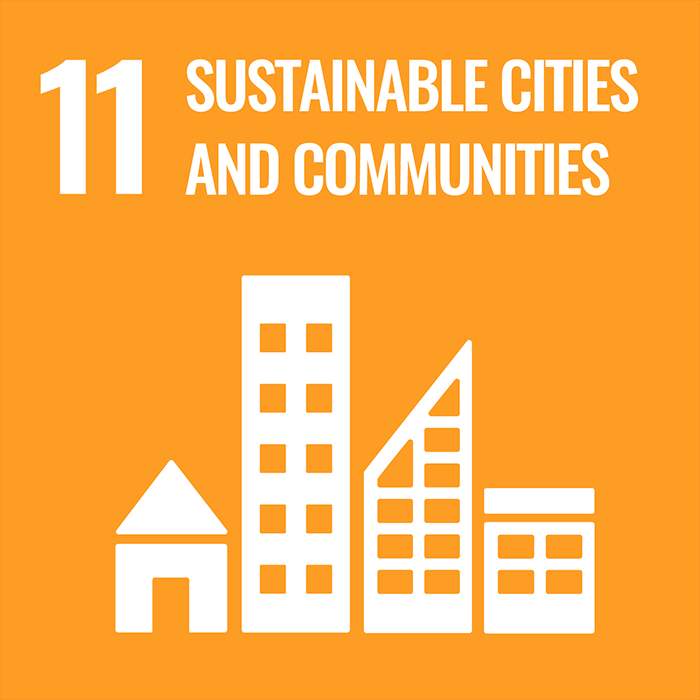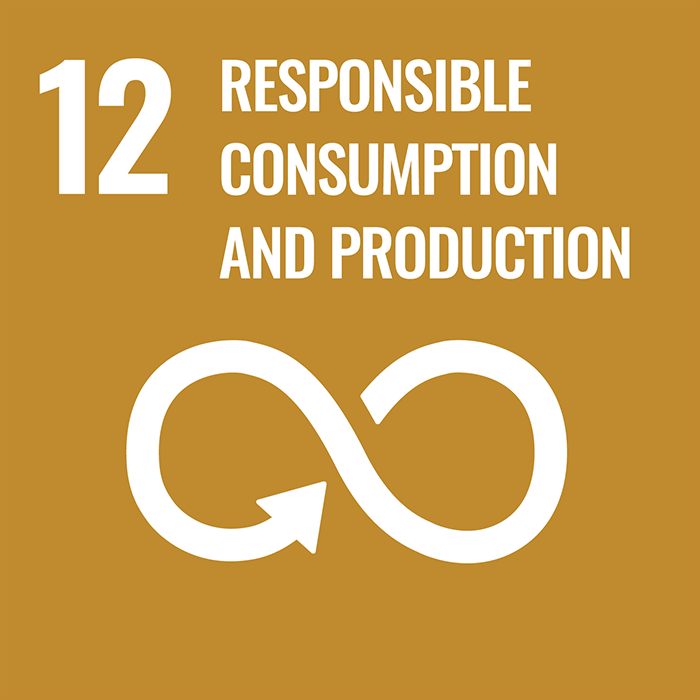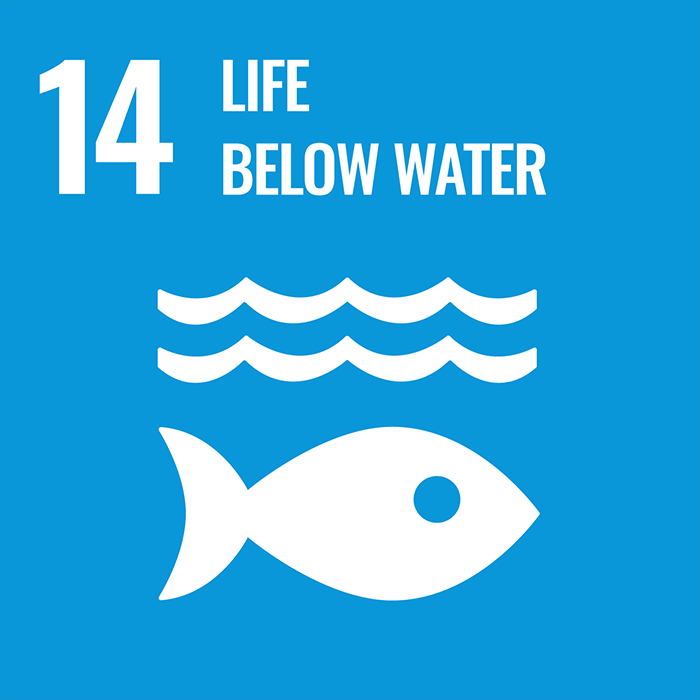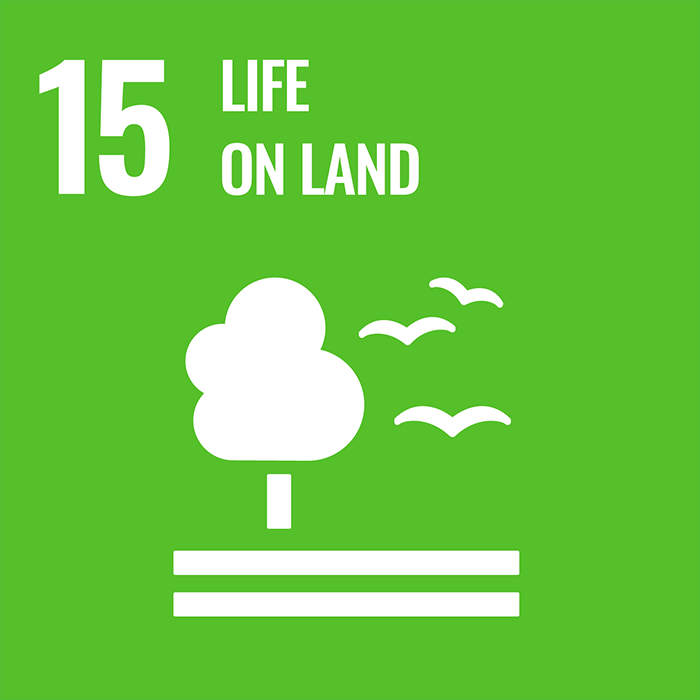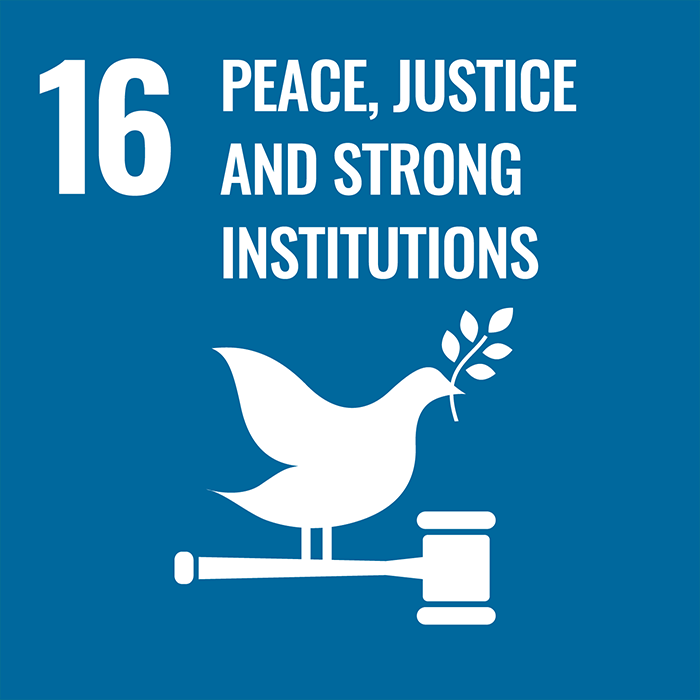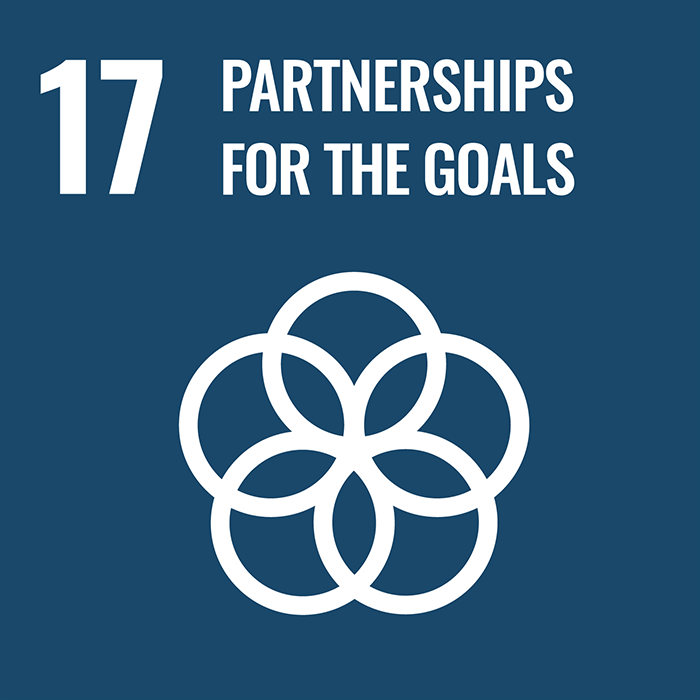Progress towards UN SDG 3: Good health and wellbeing
Ensure healthy lives and promote well-being for all at all ages
Our research

Glasgow researchers have found that adding a deadline to bowel screening invitation letters boosted test returns, with the largest effect for a two-week return deadline. The study, which was led by Professor Katie Robb from the University of Glasgow’s School of Health & Wellbeing, involved 40,000 adults in the nationwide Scottish Bowel Screening Programme.
Screening by self-sampled faecal immunochemical testing (FIT) reduces colorectal cancer mortality. However, a major challenge for colorectal screening worldwide is achieving high uptake. In Scotland, colorectal screening is offered to people aged 50-74 every two years, with participants mailed a single-sample FIT.
The study team found that adding a single sentence suggesting a deadline for FIT return in the invitation letter to FIT colorectal screening boosted FIT return. The largest effect (2% absolute increase in FIT return) was seen with a two-week deadline.
It is estimated that a 2% increase in FIT return would mean an additional 39,000 people participating in a two-year Scottish Bowel Screening round, with approximately 23 colorectal cancer deaths being avoided as a result.
In addition, by increasing uptake in response to the initial invitation letter, fewer reminder letters will need to be sent to non-responders at six weeks, and the burden on primary care and public health efforts outside the screening programme to increase uptake will also be reduced, further reducing costs.
Learning & teaching

The Gateway to Medical Studies (GTM) Programme (previously known as the Glasgow Access Programme – GAP) was introduced in 2017, aiming to increase widening access to medicine by providing alternative entrance pathways for students from underrepresented or disadvantaged backgrounds to ultimately create a more diverse and inclusive medical profession. Funded by the Scottish Government, the programme focuses on equipping students with the necessary academic and study skills, knowledge and confidence within a clinical context. Upon successful completion of the programme students meet the admission criteria for undergraduate medicine or may continue their studies in second year of a life sciences degree.
In 2023–24, the Medicine programme at the University of Glasgow achieved parity in SIMD20 entry, students joining from the 20% most deprived areas in Scotland per the Scottish Index of Multiple Deprivation, with 21% of pre-clinical Home entrants being from SIMD20 postcodes. This milestone was reached in part through the work of the GTM (formerly GAP) programme.
Find out more
The Gateway to Medical Studies Programme has supported the University to widen access to medicine, supporting the creation of a more diverse and inclusive medical profession.
University operations

We strive to make the University a place where all colleagues feel balanced, respected, trusted and supported. To this end, we launched a Colleague Wellbeing Strategy and an accompanying Health & Wellbeing Hub online. Our strategy recognises the different kinds of wellbeing – social, financial, physical, mental and spiritual, and the Hub provides practical support, contact information and material in each of these areas.
In 2022, the University launched a dedicated Menopause & Hormonal Changes Policy to raise awareness, address stigma and support our colleagues. The policy was developed with our trade unions and in collaboration with academics who conduct research in this area. The policy includes evidence-based resources created by Menopause Information Pack for Organisations (MIPO), a research-based, free, open access suite of resources to help workplaces support menopausal transition. MIPO’s UK-based lead is Professor Kat Riach, Adam Smith Business School.
In August 2025, the University was awarded a certificate of accreditation as a menopause friendly employer by an independent panel recognising the work undertaken across the University over the last three years.
Find out more
Civic engagement

The Byres Community Hub is located in the Clarice Pears Building, home to the School of Health & Wellbeing. The Hub is the gateway to the University’s West End campus as it is based on the site of the old Western Infirmary. It brings researchers from across the school together to foster opportunities for crossdisciplinary work. The ground floor is open to the public.
We also want to support community organisations undertaking their own research and bring research questions and community perspectives into the University to ensure our teaching and research is reflective of the issues for people in the communities we serve.
A key part of the building (which serves as part of our commitment as a civic university and delivers on our research strategy’s priorities of collaboration, creativity and careers) is the development of a community health research hub. The Byres Community Hub enables us to extend the reach of our public engagement and share our research findings with the wider community of Glasgow and further afield to meet our core vision of improving health and wellbeing and reducing health inequalities.


